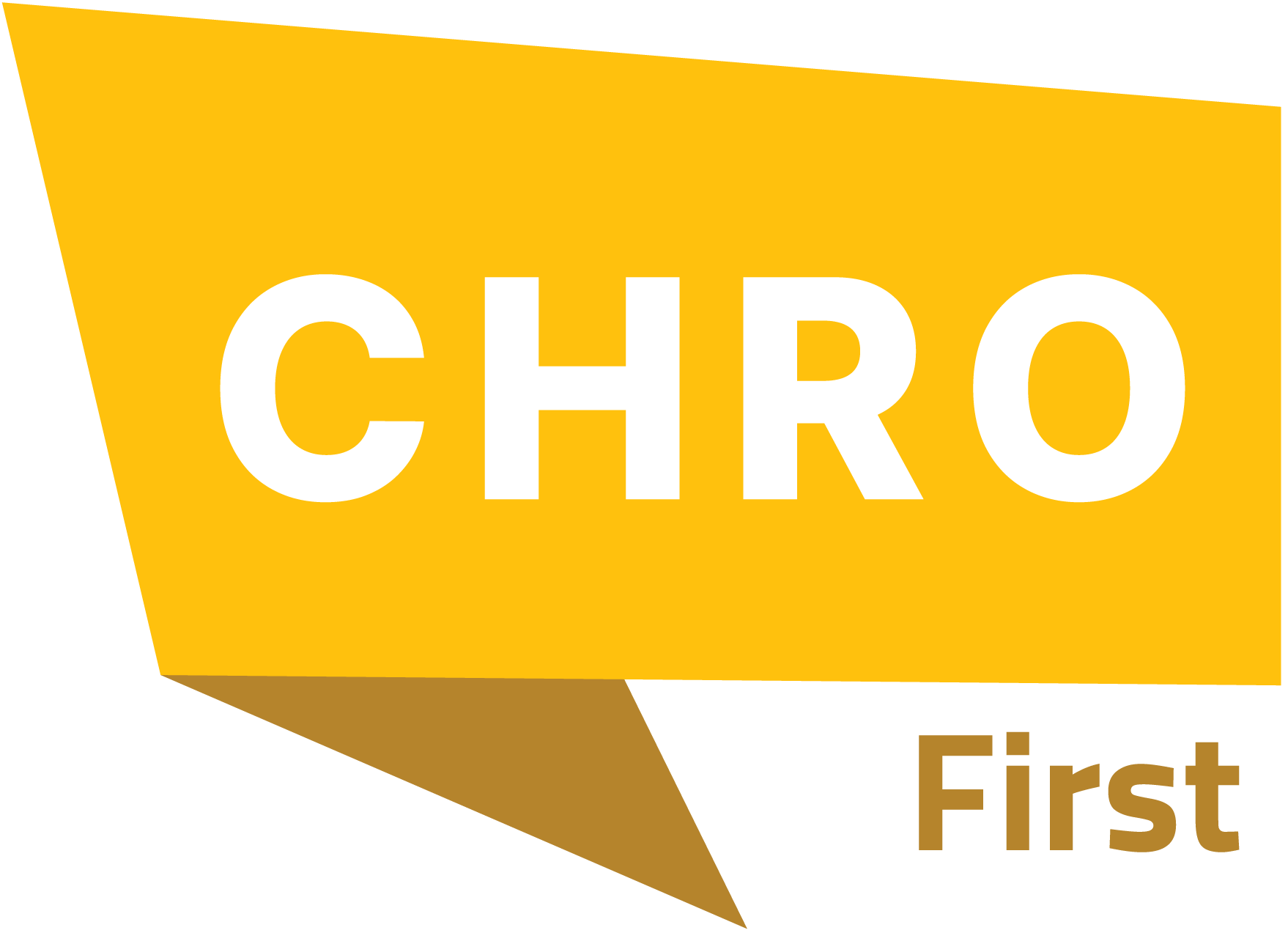YouScience Releases New Workforce Report, Finds 90% of Employers Call for Stronger Partnerships with K-12 and Postsecondary Schools to Address Talent Pipeline Crisis
YouScience®, the leading technology provider dedicated to solving the skills gap crisis for students and employers, has released new survey findings in the report, The 2024 Workforce Report: Fixing America’s Broken Talent Pipeline. This report provides an in-depth look at the challenges facing U.S. employers as they grapple with unprecedented labor shortages and an evolving talent landscape. A key finding reveals that 90% of respondents believe that enhanced collaboration with K-12 and postsecondary institutions is essential for building talent pipelines. Employers emphasized that integrating work-based learning programs and industry certifications into schools is crucial to ensuring students are fully prepared for today’s workforce.
With over 8.2 million job openings nationwide and a staggering 40% of business owners having job openings they can’t fill, the U.S. faces a widening skills gap, and traditional hiring practices are no longer enough to keep pace with industry needs. Based on the insights of 500 human resource (HR) professionals across various critical industries, the report emphasizes the urgent need for closer collaboration between educational institutions and industry to foster sustainable, long-term talent pipelines.
“The future of our workforce depends not just on filling jobs, but on building sustainable pathways that connect education with industry,” said Mindy Bates, Human Resources Director, Ace Electric. “As the demand for skilled talent grows and the traditional talent pipeline shows signs of strain, we must engage with students earlier, provide hands-on experience, and emphasize both technical and soft skills. By fostering deeper partnerships between schools and businesses, we can ensure that the next generation of workers is not only ready to step into their roles but equipped to thrive and innovate. The time to act is now—to build bridges that span beyond graduation and create lasting opportunities for both students and employers alike.”
“The future of our workforce depends not just on filling jobs, but on building sustainable pathways that connect education with industry,” said Mindy Bates, Human Resources Director, Ace Electric. “As the demand for skilled talent grows and the traditional talent pipeline shows signs of strain, we must engage with students earlier, provide hands-on experience, and emphasize both technical and soft skills. By fostering deeper partnerships between schools and businesses, we can ensure that the next generation of workers is not only ready to step into their roles but equipped to thrive and innovate. The time to act is now—to build bridges that span beyond graduation and create lasting opportunities for both students and employers alike.”
- Expanding Skills Shortage: The survey reveals that nearly 38% of employers struggle to find candidates with the right skills, with 86% reporting that entry-level hires require significant additional training to be successful. An aging workforce, lack of affordable childcare, and outdated hiring practices have enhanced the talent crisis. In addition, nearly 60% of employers are not confident that their current talent pipeline will meet needs over the next decade. Respondents advocated for initiatives such as regular school-to-business communication, internships, and curriculum alignment with industry demands.
- Shift Towards Ditching the Degree: In a shift from traditional degree-based hiring, 58% of employers expressed equal value in educational background and practical experience, while 31% prioritized on-the-job experience over academic credentials. This trend underscores a growing need for hands-on training and skills-focused education to prepare students for high-demand fields.
- Need for Early Engagement: The survey found that only 23% of employers engage with students in high school, and just 6% do so in middle school. Research suggests that middle school is a critical time for career exploration, yet only some industries engage students early enough to influence their career trajectories.
- Focus on Soft Skills: Employers across industries highlighted a gap in soft skills, with 50% of manufacturing respondents and 63% of those in construction calling for improved training in communication and teamwork. Additionally, 47% of employers valued both soft and hard skills equally for workforce readiness.
“The findings of our new research highlight the urgent need to rethink our approach to workforce development,” said Edson Barton, CEO of YouScience. “The issue isn’t a talent or skills gap; it’s a career exposure gap. By connecting students with career opportunities early and aligning education with industry needs, we can help young people develop the right skills and create a stronger, more competitive workforce. It’s about building a bridge that lets education and industry work hand-in-hand to ensure a sustainable talent pipeline. We encourage employers and HR leaders to work together with local schools, helping to create meaningful career pathways and foster the workforce of the future.”
SOURCE: YOUSCIENCE


